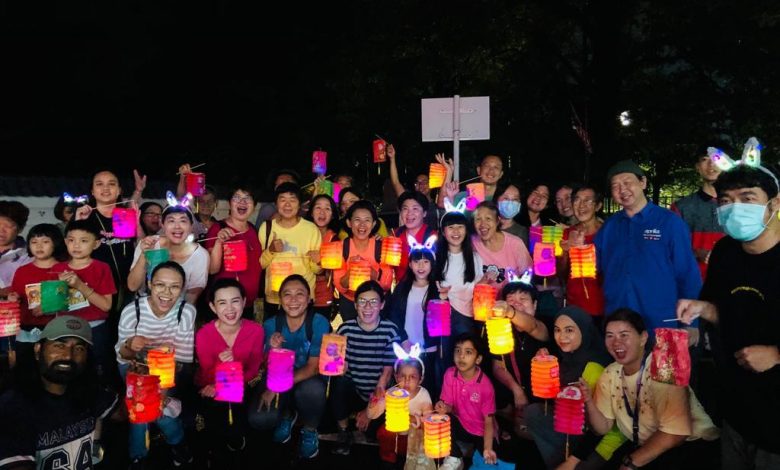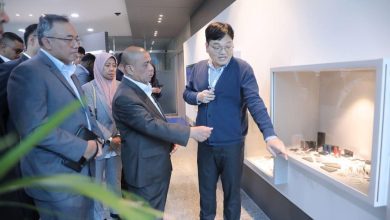

By: Aida Aziz
IPOH, Malaysia – Once shrouded in secrecy and used as a means of conveying messages during times of war, the Mooncake Festival, also known as the Kuih Bulan Festival’, has evolved into a unifying celebration for people of diverse backgrounds.
Legend has it that mooncakes were used as a medium of communication to coordinate the overthrow of Mongol rule during the Yuan Dynasty.
While this remains one of the well-known versions of the story, the festival has endured the test of time and is now commemorated as the Mooncake Festival.
The festival takes place on the 15th day of the 8th lunar month in the Chinese calendar, a move able date spanning from late August to late September.
In the past, it served as a means for reform and rebellion, but today, it is a platform for reinforcing understanding among communities.
Recognizing the cultural significance of the festival, the Mooncake Festival was recently organized by Cycledios, drawing participants from various ethnic backgrounds.
Camees Foong, the Chief Organizer of Cycledios, shared that over a hundred participants gathered for a series of engaging activities at DR Seenivasagam Park, which included leisure cycling, parading lanterns, savouring mooncakes, and traditional cuisines.
Foong mentioned plans to expand the festival to five more locations in the state next year.
“Apart from Ipoh, our proposed locations for the following year include Taiping, Kuala Kangsar, Tapah, and Teluk Intan. What began as a modest initiative by our non-governmental organization, involving Chinese, Malay, and Indian communities, has now grown to encompass multiple cultural celebrations with a focus on unity and harmony.
“It’s worth noting that the festival has no religious connotations and is solely based on folk legends. According to legend, mooncakes were used during wartime to conceal messages or letters for specific recipients. The appearance of the moon at night signalled the release of these messages. That’s how the festival originated, as a consequence of these events. There are numerous versions of the story, but none have any religious undertones,” Foong elaborated.
However, Mohammad Hafiz Ng Abdullah, Deputy Chairman of the Ipoh Chinese Muslim Association, acknowledged that many Muslims still perceive the festival as having religious rituals.
Nevertheless, he clarified that the celebration is in commemoration of historical events from the Mongol era.
“It has no religious connections, just a historical account of the past Mongol era. They sought to overthrow Mongol rule and concealed secret notes within mooncakes for distribution among their allies to achieve this goal. After their victory in the war, it was commemorated as a day of remembrance.
“Today, it serves as a day for families to gather and the lanterns symbolize the use of light in the absence of modern illumination,” he added during the festival.
Mohammad Hafiz, who also serves as Deputy Chairman of the Muhammadiah Mosque in Ipoh, expressed his hope that in the coming years, the festival would serve as a bridge for improved relations between Muslims and non-Muslims.
One of the festival participants, Anne Lee from Tasek, noted that it was her first time attending such a festival with her family.
“In my view, we should emphasize that this is a part of Chinese culture. Even though we have embraced Islam, it’s important to preserve cultural traditions that don’t conflict with our religious beliefs.
“The Mooncake Festival, with its rich history and contemporary inclusivity, continues to bring people together in the spirit of cultural appreciation and harmony,” she emphasized.




